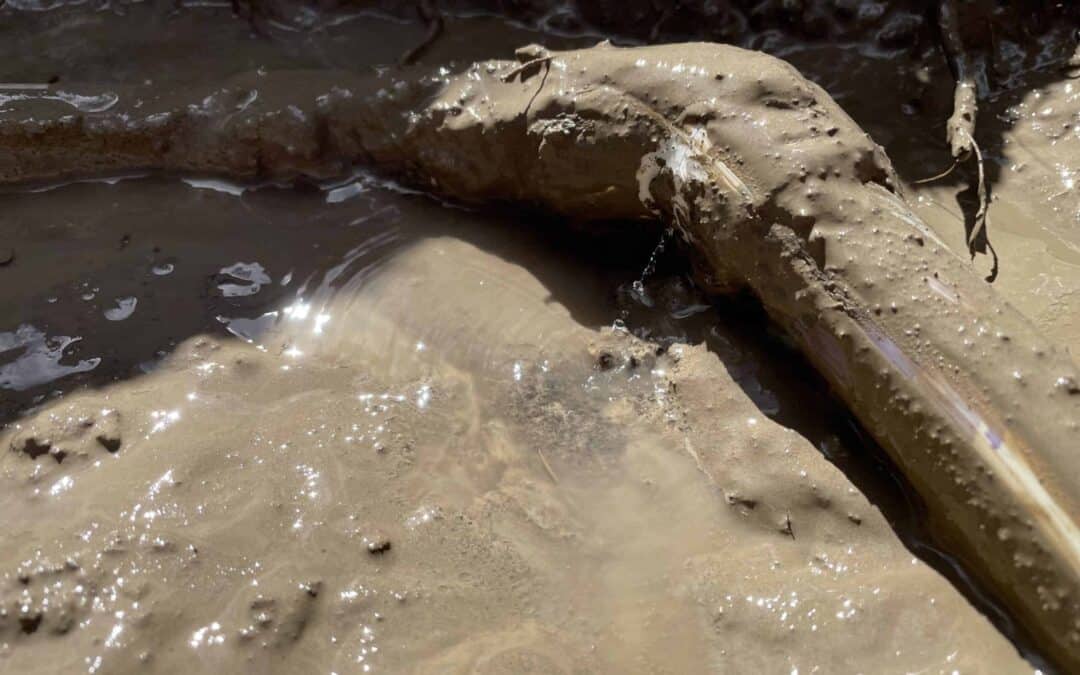Irrigation is a vital component of landscape design in Austin, Texas. The region is known for its diverse agricultural innovations and sprawling lawns. However, as water resources become scarcer, efficient water management practices and leak detection have become paramount.
To ensure sustainable and responsible water use, it is imperative to understand the legal and regulatory framework governing irrigation systems and leak detection in Austin, TX. Let’s take a look.

State and Municipal Regulations for Irrigation Leak Detection
In Texas, water law is primarily governed by the Texas Water Code, which outlines the rights, responsibilities, and regulations related to water usage. The Texas Commission on Environmental Quality (TCEQ) is the regulatory body responsible for overseeing water resources and quality. They enforce rules about water conservation and provide guidelines for efficient irrigation practices. One of the key regulations in Austin, TX, is the requirement for water rights permits. Farmers and homeowners must obtain appropriate permits to use water for irrigation purposes. These permits often come with conditions, such as implementing leak detection systems to minimize wastage and scheduling seasonal inspections to catch issues early. Local irrigation specialists know, understand, and respect these ordinances when performing inspections and repairs. Ask them how you can optimize your irrigation systems to comply better.Municipal Ordinances
In addition to state-level regulations, local municipalities in Austin, TX, may have different ordinances governing water use and irrigation practices. For instance, the City of Austin's Water Conservation Ordinance (AWCO) sets specific restrictions on outdoor water use, including irrigation. Compliance with these ordinances is crucial for central Texas farmers, businesses, and property owners. The City of Austin also encourages water-efficient practices through incentive programs, providing financial support for installing smart irrigation features with leak detection technology. FACT: Incentives demonstrate the city's commitment to sustainable water use and provide practical assistance to entities striving for compliance during routine lawn treatments.Leak Detection for Water Quality Protection
Maintaining water quality is another critical aspect of regulatory compliance in Austin, TX. The Texas Pollutant Discharge Elimination System (TPDES) permit program, administered by TCEQ, regulates the discharge of pollutants into the state's waters. This program applies to agricultural activities and mandates measures to prevent contamination. Entities using irrigation systems must implement best management practices (BMPs) to minimize the potential for water pollution. These BMPs may include regular maintenance and inspection of irrigation equipment. Critical components include leak detection systems to prevent any accidental discharge of contaminants.
Entities using irrigation systems must implement best management practices (BMPs) to minimize the potential for water pollution. These BMPs may include regular maintenance and inspection of irrigation equipment. Critical components include leak detection systems to prevent any accidental discharge of contaminants.

